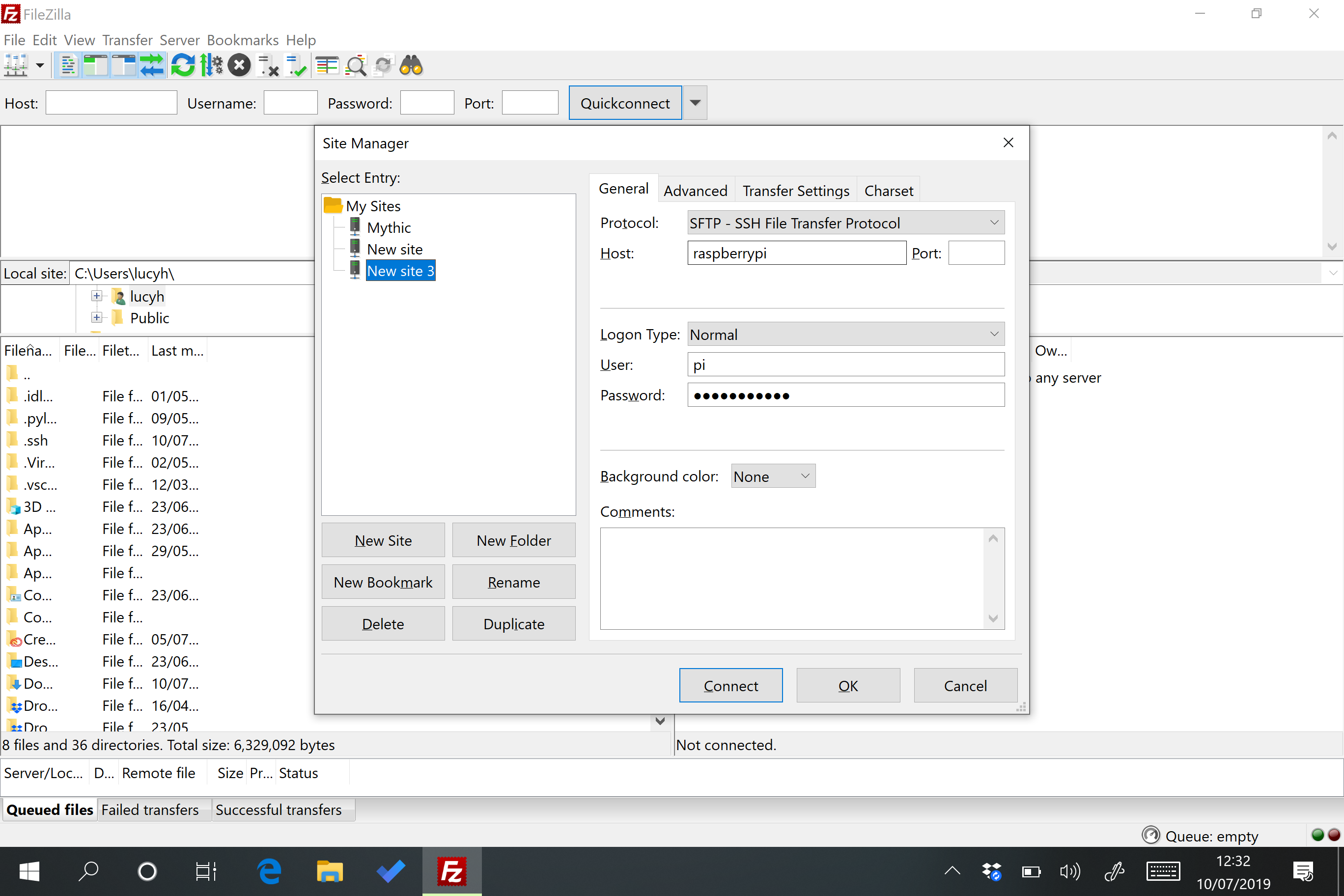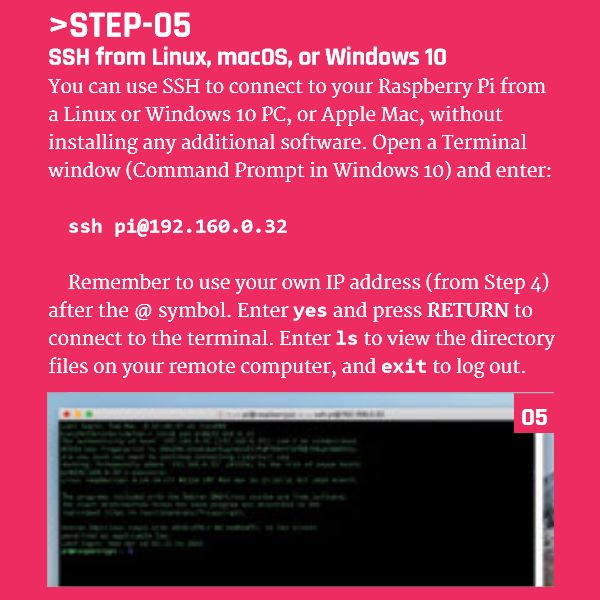Unlock the Power of Remote Access
Let's face it—managing your Raspberry Pi remotely can sometimes feel like navigating a maze, especially when it's tucked behind a firewall or NAT router. But what if I told you there's a way to connect to your Raspberry Pi as if it were right next to you, regardless of where you are? With RemoteIoT's cutting-edge technology, you can achieve seamless remote access without the hassle of configuring complex network settings. Imagine sending commands and executing batch jobs directly from a user-friendly web portal, all while maintaining rock-solid security.
Why RemoteIoT Stands Out
One of the standout features of RemoteIoT is its ability to bypass the need for discovering your IoT device's IP address or tweaking your firewall settings. This means you can focus on what truly matters—building and managing your projects—without getting bogged down by technical roadblocks. Whether you're a tech enthusiast, an educator, or a professional developer, RemoteIoT offers a solution that's as intuitive as it is powerful.
Getting Started with RemoteIoT
Ready to dive in? The first step is downloading and installing RemoteIoT Web SSH from the official website or repository. Don't worry—installation is a breeze if you follow the instructions carefully. Once installed, you'll need to configure the necessary settings to connect your Raspberry Pi to the RemoteIoT Web SSH server. This setup process ensures your device is securely integrated into the system, opening up a world of possibilities for remote management.
Read also:Aaron Pierre The Star Who Keeps His Personal Life Private
Setting Up Your RemoteIoT Environment on AWS
In this guide, we'll explore how you can download, configure, and optimize your RemoteIoT environment on AWS for free. By leveraging AWS Virtual Private Cloud (VPC) and SSH on your Raspberry Pi, you can create a robust infrastructure that supports your IoT projects. This setup is becoming increasingly popular among tech enthusiasts who want to take their projects to the next level without breaking the bank.
Downloading and Configuring SSH for Raspberry Pi
To get started, simply visit the official RemoteIoT website and follow the straightforward instructions provided. The RemoteIoT platform offers a seamless solution for downloading and setting up SSH on your Raspberry Pi. Once the configuration tool opens in your terminal window, you'll be guided step-by-step through the process. Whether you're using Mobaxterm or another SSH tool, the process remains consistent and user-friendly.
Securing Your Raspberry Pi with RemoteIoT VPC SSH
How do you ensure your Raspberry Pi remains secure while accessing it remotely? RemoteIoT VPC SSH has got you covered. This section will walk you through the process of securely accessing your Raspberry Pi, ensuring your data remains protected at all times. By integrating VPC SSH into your setup, you can rest assured that your device is shielded from potential threats.
Exploring Advanced Features of RemoteIoT VPC SSH
As you grow more comfortable with RemoteIoT VPC SSH, you'll unlock a treasure trove of advanced features designed to enhance your experience. From automating routine tasks to streamlining project management, these tools empower you to work smarter, not harder. Let's dive into some of these features and see how they can elevate your Raspberry Pi projects to new heights.
Troubleshooting Common Issues
Even the most seasoned tech enthusiasts encounter hiccups now and then. In this section, we'll address common issues users may face when working with RemoteIoT VPC SSH and provide practical solutions to help you overcome them. Whether it's connectivity problems or configuration errors, we've got you covered with clear, step-by-step guidance.
Step-by-Step Guide to Setting Up SSH on Raspberry Pi
Now, let's break down the process of setting up SSH on your Raspberry Pi. First, you'll need to enable the SSH service on your device. This can be done by accessing the Raspberry Pi configuration tool and toggling SSH on. Once enabled, reboot your Raspberry Pi to apply the changes. Next, set up a static IP address to ensure consistent connectivity. Finally, install an SSH client on your local machine to connect to your Raspberry Pi remotely.
Read also:Simon Cowell Death Hoax Separating Fact From Fiction
Conclusion: Taking Your IoT Projects to the Next Level
Mastering SSH for remote IoT Raspberry Pi management is a skill that can significantly enhance your projects. Whether you're a hobbyist, developer, or business professional, the ability to download and set up SSH for free on Windows makes this solution accessible to everyone. By following the steps outlined in this guide, you can confidently manage your IoT devices from anywhere in the world, ensuring security, reliability, and efficiency.
So, what are you waiting for? Dive into the world of RemoteIoT VPC SSH Raspberry Pi and unlock the full potential of your IoT projects today!


